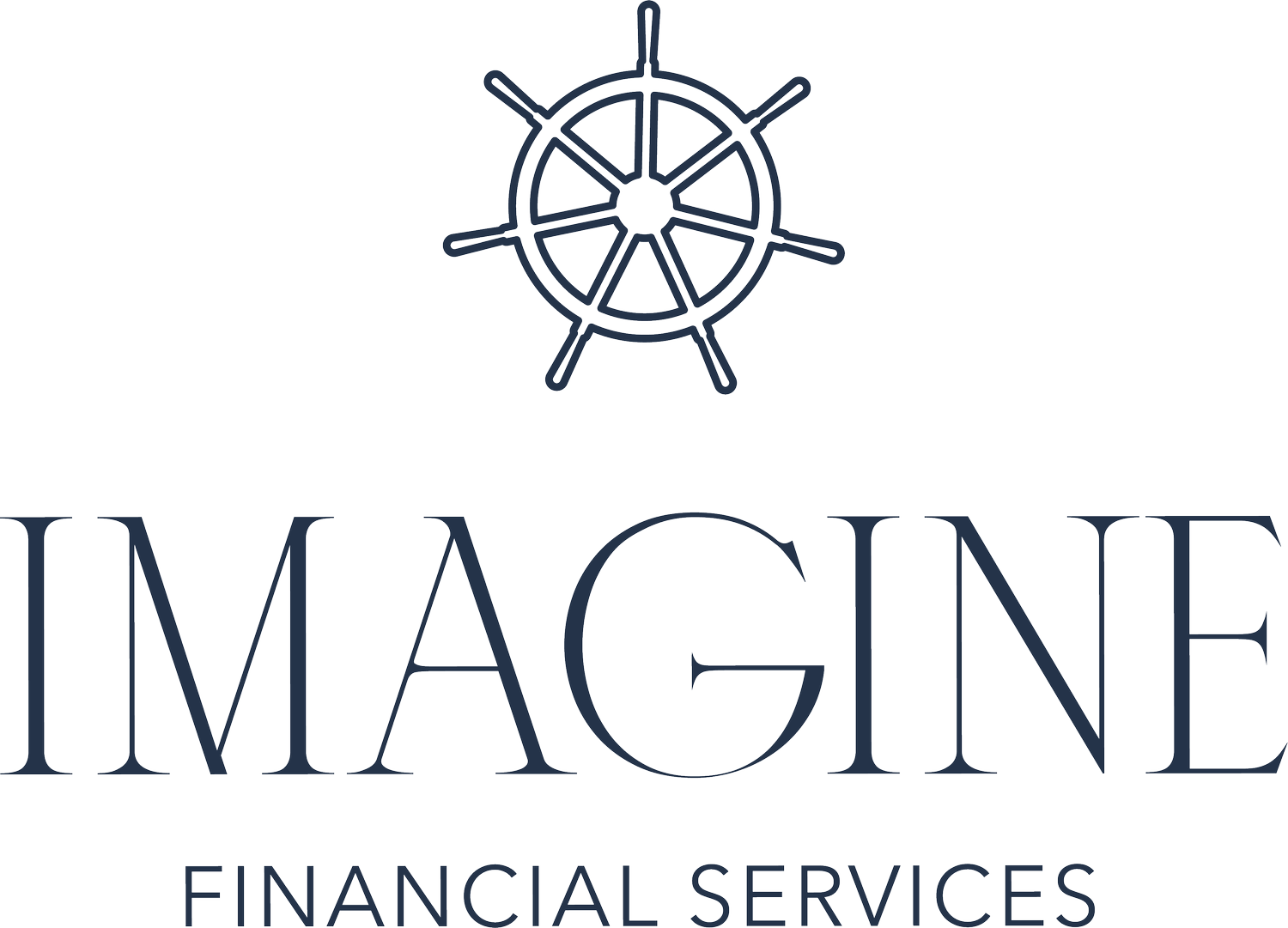Unexpected Fees on Goods and Services
We all are painfully aware that the cost of goods and services has steadily been increasing. Supply chain issues, not enough workers, and increased cost of raw materials are just a few driving factors.
However, I've noticed some additional trends leading to rising costs. Unexpected fees and tips are now frequently imposed for goods and services.
Tipflation
Are you familiar with this term? I heard it for the first time just the other day, but immediately, I got the message. The cost of tipping is drastically on the rise!
Jack Kelly, Senior Contributor for Forbes wrote, "The rapidly changing tipping culture raises questions about its fairness and effectiveness" (Kelly, 2023). This statement resonated with me, especially his choice of words, "tipping culture".
Let me share an experience I had the other day. It floored me. I went through a drive-through to get a smoothie. As I was paying, the attendant asked if I would like to leave a tip. I think that is excessive. The young gal was very friendly and the service was quick, but it was a drive-through, not a sit-down restaurant!
When I shared this with my husband, his story one-upped me. Last week at the airport, after checking through TSA, he went to one of the vendor booths and purchased a bottle of water for the plane ride. When he looked at the receipt, the checkout person, without even asking, had charged him a tip!
A tip should not be an automatic charge. Patrons should not be coerced into tipping. It should be a choice. This new tip-driven culture should learn some decorum.
Tipping fundamentals
This summer I taught an eight-week personal finance course to the students of D'Vine Path. D'Vine Path is a dynamic program for neurodiverse adults providing life skills and vocational training in agriculture, hospitality, and the arts" (D'Vine Path: Fallbrook).
During the course, some of the topics we covered were banking, credit vs. debit, budgeting, and best practices for tipping. As I spoke about tipping, one of the students shared her opinion.
As an adult with Autism, she now has her first job and is working as a waitress. She explained to the other students that if she were to spill a plate of spaghetti on a diner's lap and then tell them they better clean it up themselves, she knew she would not be rewarded with a tip. However, if she immediately apologized and got a clean towel to help them with the mess, they would recognize her good intentions and that it was an accident. With that kind of service, they may even still tip her.
I think she nailed it! Tipping is a reward for a job well done.
Credit card fee add-ons
In some states, it is illegal to charge customers a credit card fee. However, recently this practice has been adopted by an ever-growing number of merchants.
Here is an example, Jane buys a $100 product (for simplicity, let's exclude the tax factor). The vendor indicates there is a 3% fee added if she uses a credit card to pay for her purchase. If she pays with a check or cash, the cost is $100. If she pays with a credit card, her outlay is $103.
If Jane uses her credit card, the vendor will have to pay the credit card company a fee for using their merchant services. This is where the math goes wrong.
Jane pays the $103 on her credit card. The credit card company charges the vendor a merchant fee of 1, 2, or maybe 3% of $103. At 1%, the fee would be $1.03. At 2% the vendor pays $2.06. At 3% the vendor pays $3.09. However, what credit card did Jane use?
Merchant services have become competitive in price. Typically, American Express charges a higher fee than Discover, Visa, or Master Card. Savvy vendors who shop for good rates can find offers as low as 1.5%.
Depending on the card the buyer uses fees charged to the vendor may fluctuate. In the example of Jane, maybe the shop owner only has to pay a merchant charge of 1.5% for the card she uses, but she is charged 3%. In this case, the shop owner charges Jane $103 and only pays the credit card company a fee of $1.55. He just baked in an extra profit of $1.45!
Protect yourself from excess tips and fees
Be vigilant in your payment behavior.
Review your restaurant receipts to ensure a tip has not been automatically added.
Check for any posted business policies about the addition of merchant fees for credit card purchases.
Inflation has drastically increased the cost of goods and services. Don't let hidden fees further impact your shopping and dining experience.
Do you have financial questions?
Please reach out:
Marianne Martini Nolte, CFP®
Imagine Financial Services
Website, www.imaginefinancialservices.com
Email, mnolte@imaginefinancialservices.com
Phone, (760) 472-5155
About the Author
Marianne Martini Nolte, CFP® provides women with fee-only, fiduciary, independent financial services.
IMAGINE FINANCIAL SERVICES (IFS) is a registered investment advisor offering advisory services in the States of Arizona and California and other jurisdictions where exempted.
This article provides a high-level view. All written content is for information purposes only. Opinions expressed herein are solely those of IFS, unless otherwise specifically cited. Material presented is believed to be from reliable sources and no representations are made by our firm as to the other party's informational accuracy or completeness.
References
Kelly, J. (2023, September 12). Tipflation: Americans think tipping culture is “out of control” and workers should be paid more. Forbes. https://www.forbes.com/sites/jackkelly/2023/08/01/tipflation-americans-think-tipping-culture-is-out-of-control-and-employees-should-be-paid-more/?sh=2164f10d3ae4
Viticulture: D’vine Path: Fallbrook. D’Vine Path. (n.d.). https://www.dvinepath.org/
